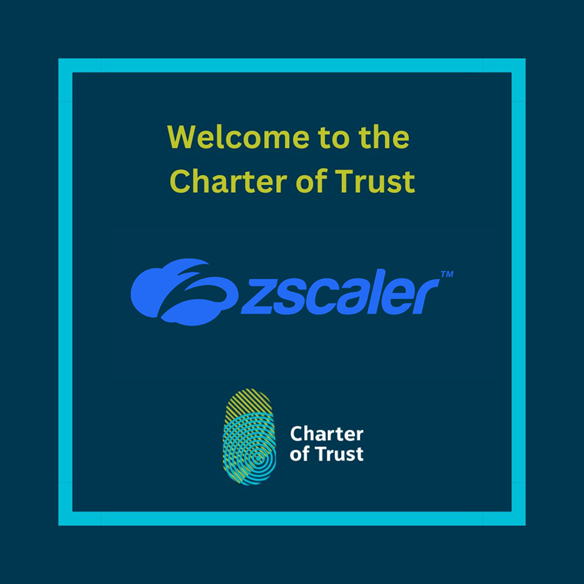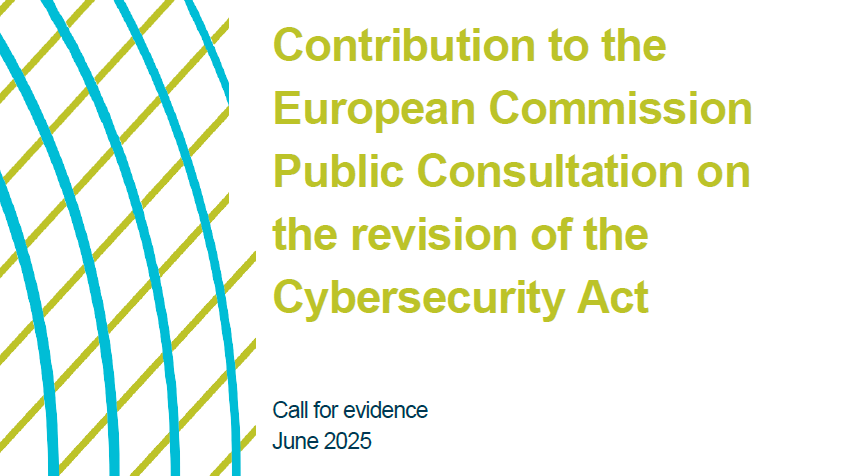By Julian Meyrick, Managing Partner & Vice President, Security Strategy Risk & Compliance, Security Transformation Services Software, IBM Security
Cyber threat actors thrived from geopolitical and human upheaval in 2022. IBM Security’s annual X-Force Threat Intelligence Index 2023, published on 22nd February, sheds light on their ever-changing tactics and impact. By better understanding the impact of cyber incidents, organisations like the Charter Of Trust can better share cyber threat insights and best-practices, allowing commercial and governmental victim organisations to better prepare.
The year 2022 was another tumultuous one for cybersecurity. While there was no shortage of contributing events, among the most significant were the continuing effects of the pandemic and the eruption of the military conflict in Ukraine. Disruption made 2022 a year of economic, geopolitical and human upheaval and cost—creating exactly the kind of chaos in which cybercriminals thrive. And thrive they did.
IBM’s annual X-Force Threat Intelligence Index , released yesterday, analyses global cyber risks and incident impacts across different sectors and regions. It provides a comprehensive look at the tactics and techniques used by threat actors, as well as the intended impact on targeted organisations observed by X-Force in 2022.
A few of the report’s key findings:
- More Backdoors, More (Ransomware) Problems. Representing 21% of cases, backdoor deployments were the most common action observed in incidents in 2022; knocking out ransomware, which held the top spot since at least 2020.
- Extortion: Threat Actors Go-To Impact.More than one quarter of all incidents involved extortion – making it the top impact on businesses in 2022. Cybercriminals are adopting techniques with high psychological impact to force victims to pay, and often target the most vulnerable industries, businesses and regions. Manufacturing was the most extorted industry in 2022 – accounting for 30% of incidents involving extortion – it was also the most attacked industry for the second year in a row. Manufacturing organisations are an attractive target for extortion, given the extremely low tolerance for down time.
- Phishers “Give Up” on Credit Card Data. The number of phishing kits targeting credit card information dropped 52% last year – phishers are prioritizing personally identifiable information, which can be sold on the dark web for a higher price or used to conduct further operations.;
With information on how cyber threats impact victim organisation, those organisations can use that information to plan responses to potential future incidents more effectively. Such insights are also relevant for governments around the globe seeking to improve existing cyber regulations.
The 2023 X-Force Threat Intelligence Index provides proof that threat actors are changing their methods and it provides insights into how organisations can prepare by offering workable recommendations.
One thing is clear: we need to share such knowledge and best-practices to ensure our cyber preparedness is aligned with the evolutions of cybercrime.
Organisations like the Charter Of Trust serve the same purpose: to work together, share information and ensure more operational collaboration between both government agencies and industry, but also between commercial entities themselves.
I believe informative reports, like the X-Force Threat Intelligence Index, are important steps to facilitate such collaboration and make the digital world a safer place—which is a global priority, now more than ever.
Read more about the results in the X-Force Threat Intelligence Index.


You may also like

Charter of Trust Welcomes Zscaler
Zscaler is a leading cloud enterprise security provider helping global businesses accelerate their digital transformation by becoming more agile, efficient, resilient, and secure.
With Zscaler as a partner in the Charter of Trust, we aim to strengthen global cyber resilience through trust – by fostering actionable collaboration between industry leaders, governments, and public-private platforms. Zscaler brings robust expertise and innovation to the table, making it the ideal partner to drive this mission forward.
“Zscaler is excited to drive meaningful change alongside our new partners, laying a foundation of trust essential for successful digital transformation,” said Sam Curry, Zscaler CISO. “In today’s world, the need for reducing inherent trust and default access has never been greater. To truly stay ahead of ever-evolving threats, we must unite as a coalition of practitioners. Cyber attackers aren’t taking breaks, and with advancements like artificial intelligence, quantum cryptography, and emerging technologies on the horizon, collaboration is the key to securing the future.”
“We are proud to welcome Zscaler to the Charter of Trust. Their focus on cybersecurity innovation and commitment to openness reflect our shared ambition to create a safer, more resilient digital future. Together, we’ll strengthen trust, transparency, and security across the global digital landscape.” highlighted Dr. Summit Chada, Charter of Trust Co-Chair and COO Group Security & Business Lines CISO at Atos.
“With Zscaler as a Partner of the Charter of Trust, we believe that we can strengthen the global commitment to secure digital transformation by combining technological innovation with the Charter of Trust’s collaborative approach to cybersecurity leadership.” Ralf Schneider, Charter of Trust Co-Chair and Senior Fellow and Head of Cybersecurity and NextGenIT Think Tank at Allianz SE, welcomes Zscaler to the Charter of Trust.
We are excited to join forces and work together to advance digital trust and security across industries.

Contribution to the EU Commission Public Consultation on the revision of the Cybersecurity Act
We support Policy Option 2, which focuses on targeted regulatory measures that address key challenges without creating unnecessary complexity. In this context, we emphasize the need to enhance the role and resources of ENISA, to ensure effective implementation of both current legislation and the European Cybersecurity Certification Framework (ECCF).
Our recommendations aim to improve transparency, collaboration, and efficiency across the EU’s cybersecurity landscape. These include:
- Introducing clear timelines for the development of certification schemes.
- Enhancing stakeholder engagement throughout the process.
- Establishing more structured communication channels between ENISA, the Stakeholder Cybersecurity Certification Group (SCCG), and sectoral ISACs (Information Sharing and Analysis Centers).
We call for a stronger ECCF, one that is transparent, inclusive, and aligned with international standards to foster global interoperability and ease compliance for organizations across borders. Equally critical is the harmonization of certification practices across EU member states and the mutual recognition of certifications to minimize regulatory fragmentation.
The Charter of Trust advocates for technically robust, standards-based certification schemes, with well-defined roles and responsibilities. We also stress the need for clarity on the interplay between voluntary and mandatory certifications, particularly in relation to the upcoming Cyber Resilience Act (CRA).
To streamline compliance and reduce administrative burden, we propose a unified, risk-based incident reporting regime that consolidates requirements under regulations such as NIS2, CRA, GDPR, and DORA. This would not only simplify reporting for organizations but also enhance the EU’s overall cyber resilience. In addition, we recommend incorporating liability protections and grace periods for incident disclosure.
Finally, we urge the Commission to strengthen supply chain security by adopting a risk-based classification approach and establishing baseline cybersecurity requirements for ICT suppliers.
The Charter of Trust remains fully committed to supporting the European Commission in shaping a secure, resilient, and trusted digital future for Europe. We look forward to continued collaboration in building a cybersecurity framework that meets the needs of all stakeholders, today and in the years to come.




